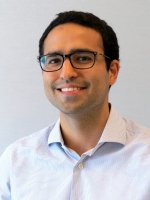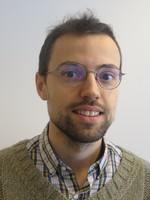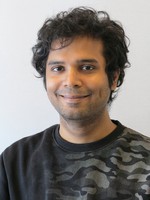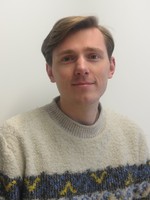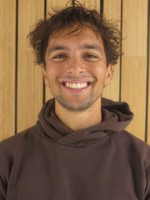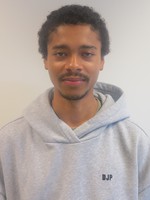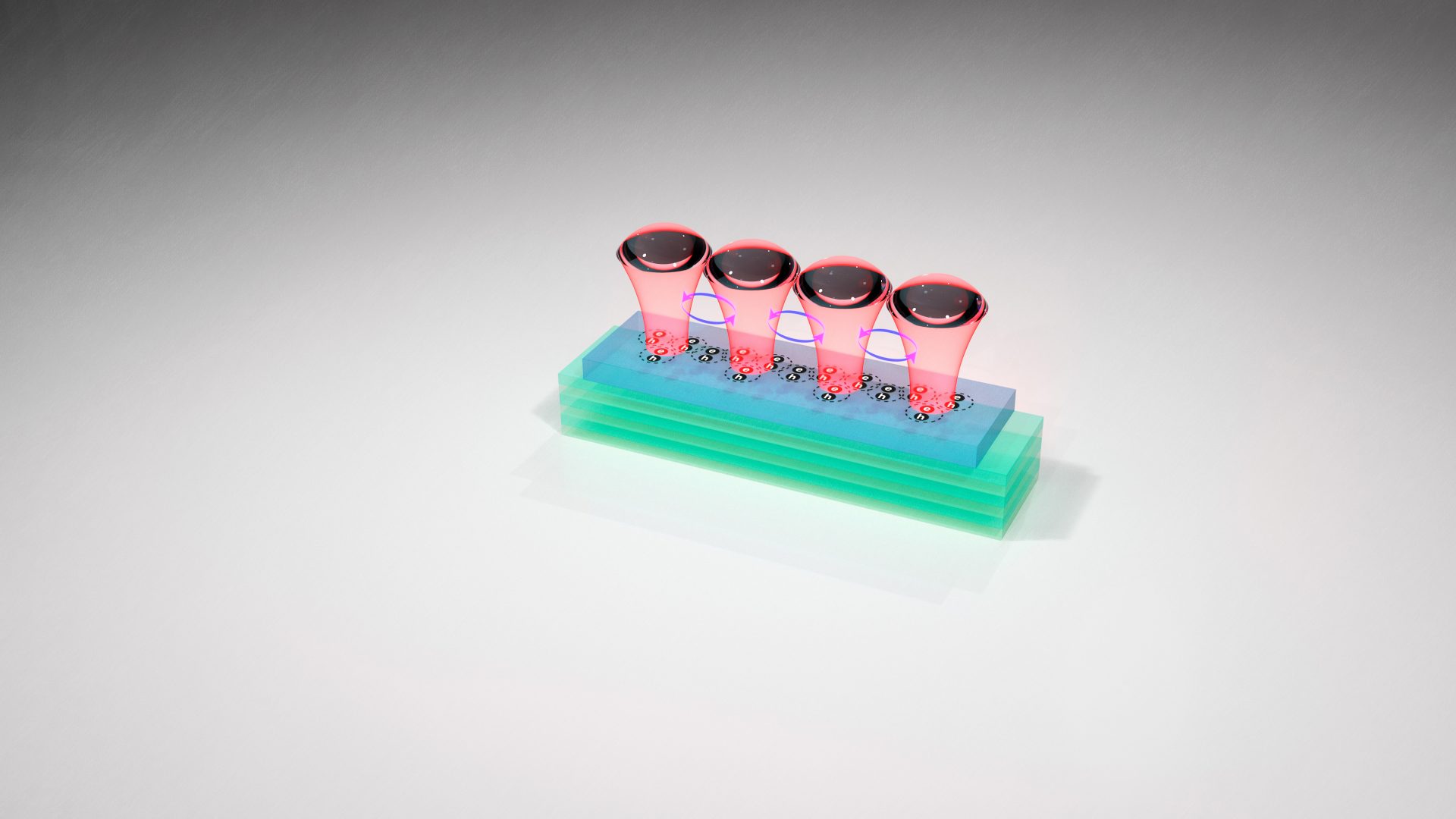
Group leader: dr. Said R.K. Rodriguez
About Said R.K. Rodriguez
Starting in 2017, Said R.K. Rodriguez is the leader of the Interacting Photons group, part of the Center for Nanophotonics in AMOLF. Said got his PhD (‘Cum Laude’) at TU Eindhoven, having worked at AMOLF and Philips. Next he worked at the Center for Nanoscience and Nanotechnologies (France) as a Marie-Curie fellow. He has worked with several hybrid light-matter systems involving organic and inorganic luminescent materials as well as metallic and dielectric optical resonators. Currently, he is fascinated with emergent phenomena in driven-dissipative photonic systems with nonlinearity and noise.
For more information, please visit www.srkrodriguez.eu
About us
Free-space photons are ideal information-carriers. However, they do not mutually interact and this limits our ability to control light with light. This limitation can be circumvented by strongly coupling photons to interacting quasi-particles such as excitons. The emergent hybrid light-matter quasi-particles, known as polaritons, mutually interact and give rise to a nonlinear response. In this sense, polariton systems enable effective photon-photon interactions.
In the Interacting Photons group, we harness photon-photon interactions to investigate phenomena emerging from the interplay of optical nonlinearity and noise. We use organic and inorganic nanostructured materials combined with open-access microcavities enabling fine control over the exciton-photon coupling. Our fundamental interests include critical phenomena (out-of-equilibrium phase transitions), noise-assisted photon transport in driven-dissipative systems, and quantum simulation. We are also interested in applications of interacting photonic systems, e.g. optical memories, switches, and quantum networks.

